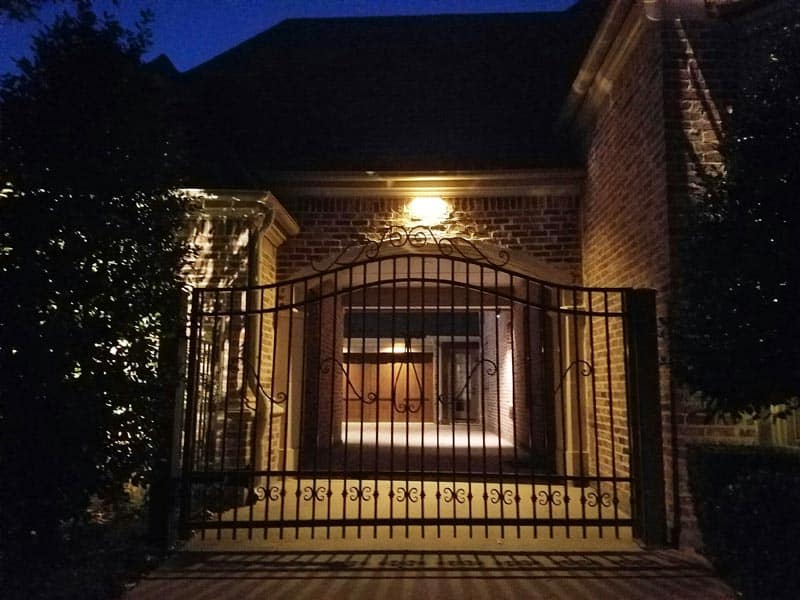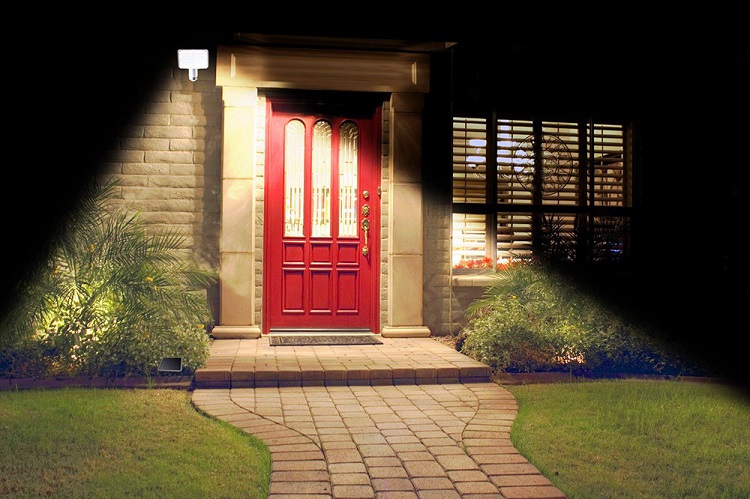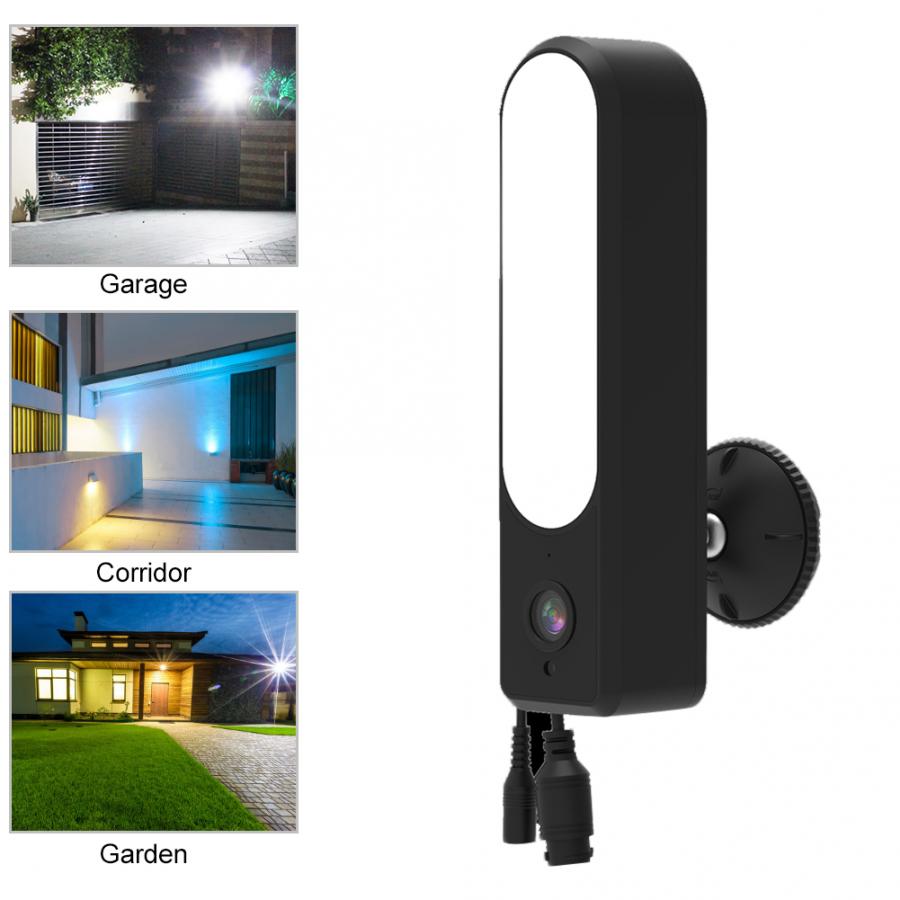Keeping your home security cameras safe from hackers is an essential step if you’re going to bring these recording devices into your home. If you can access your camera over the internet, someone else theoretically can access or “hack” it as well. Thankfully, there are some simple steps you can take to protect your security cameras from hacking so you don’t need to sacrifice the benefits of having a surveillance camera protecting your home over fears that your personal moments will be shared on the internet in high definition video.
Can Home Security Cameras be Hacked?
Any device connected to the internet can be hacked, and that includes home security cameras. Wired cameras are less vulnerable than Wi-Fi cameras, and those with local storage are less vulnerable than cameras that store video on a cloud-based server. However, all cameras can be hacked. This could allow someone to watch you, listen to you, and record your activities without your knowledge. They also potentially could access any other devices on your home network, such as your computer or smartphone.
“All security cameras are vulnerable,” says Arup Mukherjee, a software engineer for 25 years and founder of Camect, a smart network video recorder designed to make security cameras more secure. “The brand of camera and how it is set up on the network are the most important risk factors. Some manufacturers are more security-conscious than others, and most of the risk of having a home security camera can be mitigated if you take appropriate precautions on your network.”
Most home security camera hacks aren’t the fault of the camera company. They usually happen because homeowners used the same password on another site and that database was breached, or because they didn’t change the default password on the camera when they bought it.
Sometimes, however, it is the manufacturer’s fault. Cloud-based security cameras store their footage on a server, and hackers can attempt to infiltrate those systems to access that footage directly. They’re more likely to succeed if the camera company doesn’t implement good security practices. “Some cameras work with a cloud service and send all of your video data to the cloud,” Mukherjee says. “This type of camera is also vulnerable to hacking of the cloud service or theft of your video data from your cloud service, even if the hackers cannot directly connect to the cameras on your home network.”
Setting strong, unique passwords is hard, and coming up with a new one for every service you use is virtually impossible. But you should never reuse passwords, as this is how most home security cameras get hacked. More than 65 million passwords have been accessed by hackers due to company data breaches at large organizations such as Equifax, Marriott, and Capital One and published on the web for anyone to see. So, if you use the same password for evite.com as you do for your home security camera, you’re making yourself vulnerable. (If you want to see if your email address or passwords have been exposed, visit Have I Been Pwned.)
The easiest way to set strong passwords is to use a password manager that generates long, strong passwords for you, which you never have to remember. Well-known, trusted password managers include 1Password and LastPass. These companies have apps and browser extensions you can use to generate new passwords, store them, and then fill them in on your smartphone, computer, or tablet when needed.
An alternative is to write your passwords down in a physical notebook (not in a Word file or Google spreadsheet, which can also be hacked). If you go this route, you’ll need to create your own passwords. The Electronic Frontier Foundation suggests using a set of dice and a list of at least six words to create a strong password phrase. A passphrase is a password made up of a string of words instead of random characters, and is therefore much longer than most passwords. The longer a password is, the harder it is to guess. Even though random characters and symbols may seem more secure, shorter passwords are more easily guessable by computer programs than longer ones.
Other Tips for Keeping Your Security Cameras Safe
It’s always advisable not to put indoor cameras in bedrooms, bathrooms, or other explicitly private spaces. If you’re really afraid of being watched, unplug or physically cover the camera when you’re home. Consider opting for a camera that gives a physical indication when it is recording or in live view mode so that you can always tell at a glance if someone is watching.
If you are concerned that someone might use your wireless security cameras to exploit a vulnerability in your home network and gain access to other devices such as personal computers, consider setting up a separate network with a separate router for your cameras. “Where the camera network connects to your main network (e.g. at your router) set up rules to ensure that no unexpected communication can occur between your cameras and other devices on your home network, or between your cameras and unknown destinations on the internet,”
Why LED Lights Are The Best For Security Cameras
Over the past couple of years, the world has seen LED lights replace incandescent bulbs and fluorescent lamps as the favored lighting source for CCTV and security cameras. Why is this so? Find out below:
They offer superior quality and longer lifespans
LED lights provide the best illumination of all lighting sources; the spread of the light is even, they allow for better targeting, and there are no dark spots. They also start up instantly and there is no warm-up period before maximum lighting. Furthermore, high-end LED products are great for extreme weather conditions—be it cold or hot.
The average LED light lasts for 100,000 hours (over 10 years of constant usage); far superior to fluorescent lamps (10,000 hours) or incandescent bulbs (1,000 hours).
LEDs are more cost-efficient
As mentioned above, an LED light lasts 10 times longer than its closest competitor, making it the more economically sound option. Additionally, LEDs consume less energy than other lighting sources; this means a decrease in your electricity bills. This is particularly important if you are running hundreds of CCTV cameras and you need to keep the security lights on through the night.
Infra-red LEDs
Infra-red LEDs emit light that is invisible to the human eye but visible to security cameras. As a result, trespassers’ actions are being recorded but since they see no visible light, the trespassers think their movements are undetectable. Also, in residential areas, CCTVs have to use infra-red lighting so that the bright white lights won’t disturb occupants.
If you are in the market for high-end LED lighting sources for Security Cameras, please visit Sundopt Inc.
Post time: Sep-28-2021







